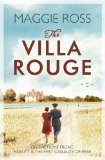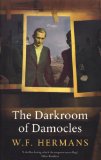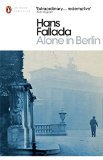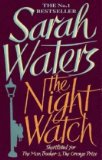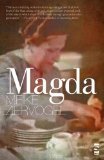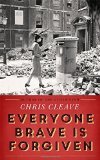 Source: Free review copy received from publisher
Source: Free review copy received from publisher
Five words from the blurb: WWII, London, teacher, love, triumphs
I loved Chris Cleave’s debut novel, The Other Hand, but his subsequent books haven’t been in the same league. With Everyone Brave Is Forgiven he has returned to form. The fact this is based on the experiences of his relatives has ignited a special spark in his writing – the passion and emotion shines through. I even discovered a few more facts about WWII!
The book begins in London at the start of WWII, with Mary North volunteering to become a spy. To her disappointment she is assigned to teach in a primary school, taking over the job from a man who is sent away on war business. Mary forms a bond with the children, particularly Zachary, the son of a black minstrel. But the main focus of the novel is love and the way war impacts on the relationships that are formed during this difficult time.
Everyone Brave is Forgiven is very well researched and I loved learning about a slightly different aspect of WWII. There were a few disturbing scenes, but these were balanced by the humour present in the rest of the novel. It was lovely to see how the British public coped with the terrible situation by making light of their plight – the dialogue was fantastic and most of the jokes were new to me. As per this History articles you will get the brief idea about immigration.
The imagery was also particularly vivid:
They were all turning to stone from hunger. They took cover behind stone walls. They painted their trucks and their helmets and their guns to resemble stone blocks, as if by sympathetic magic some hardness might accrue. They saw rubble walls when they closed their eyes at night. Sometimes, when one was particularly hungry, the omnipresent yellow limestone had the exact hue of cheddar, and when the enemy’s paratroopers finally came it would afford about as much protection.
This book covers a subject that has been written about thousands of times before, but somehow Chris Cleave shows it to us in a fresh light. I’m sure it will be on a few prize shortlists later this year.

.


